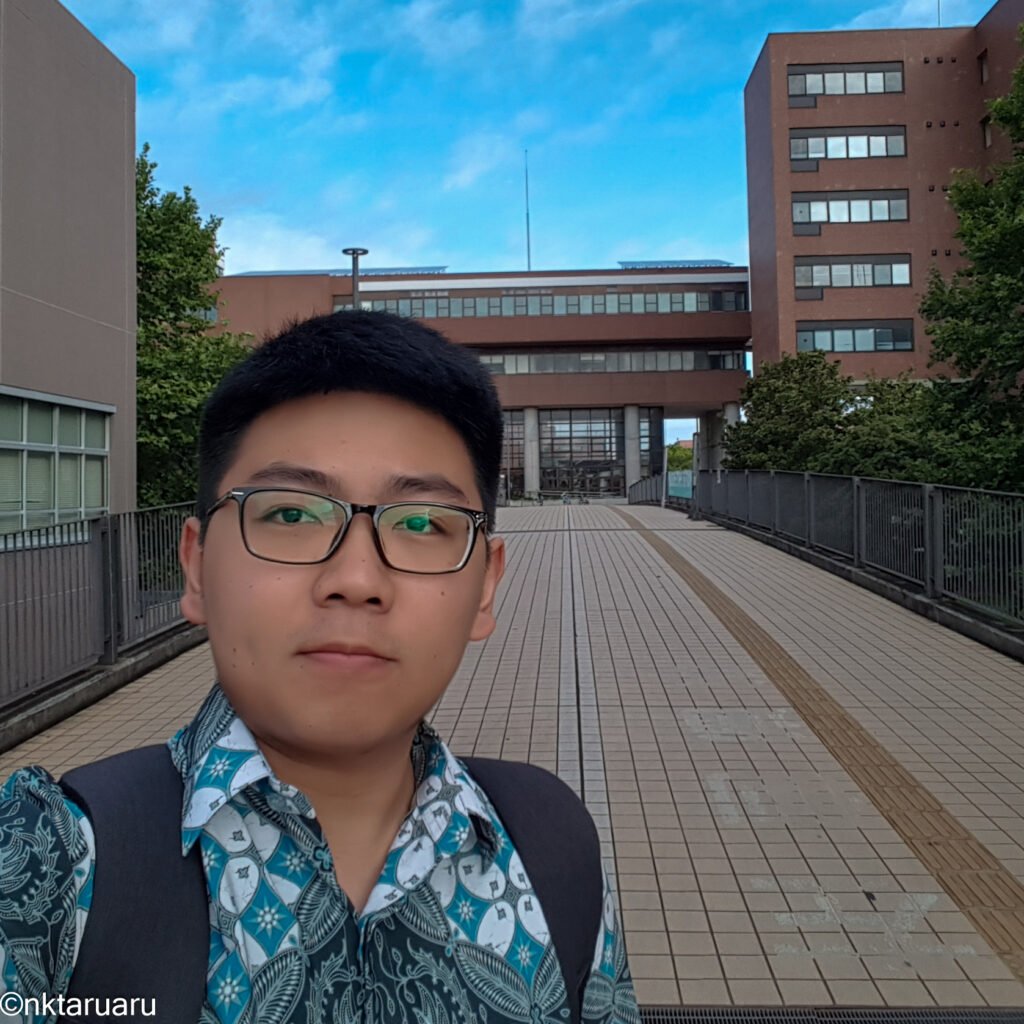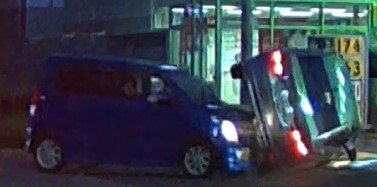In this post, I will discuss how to find accommodation in Japan, whether it’s a house (一戸建て), apartment, or mansion.
1. Types of Accommodation in Japan
If you are considering renting a house (一戸建て), the cost tends to be higher since you will be renting the entire building. A house offers more privacy and space—ideal for those who need more room and prefer not to share walls with neighbors.
On the other hand, apartments and mansions are more common choices in big cities. Apartments are usually smaller and more affordable, with walls directly adjacent to neighboring units. Mansions, however, offer larger sizes, more solid construction, and additional amenities like 24-hour security, elevators, and well-maintained public areas. Mansions are typically high-rise buildings, while apartments are low-rise buildings.
2. Understanding Room Codes
When searching for accommodation in Japan, you’ll often encounter room codes like “2DK” or “1LDK.” These codes refer to the number and type of rooms. Here’s an explanation:
- L (Living room) – Living area
- D (Dining room) – Dining area
- K (Kitchen) – Kitchen
- S (Storage) – Storage room
For example, “2DK” means two bedrooms, a dining area, and a kitchen. For those living alone, options like one-room or 1K (one bedroom and a kitchen) might be good choices. For couples or small families, 1LDK or 2DK may be ideal, depending on preferences and budget.
3. Factors Affecting Rent Prices
Rent prices in Japan are influenced by several factors, such as room size, the age of the building, available facilities, and distance from train stations. Apartments located further from stations tend to be cheaper and offer larger rooms. Therefore, consider what’s more important to you: access to transportation or room size.
4. How to Find an Apartment
There are various ways to find accommodation in Japan, one of which is through real estate agents. Agents can help you find a place that suits your needs, although each agency may have different property listings. As a starting point, searching online via websites like suumo.jp or homes.co.jp is highly recommended. These sites allow you to filter searches by location, price, and size and offer property location visualization via maps.
5. Additional Costs to Consider
In addition to monthly rent, there are several extra costs to be aware of:
- Deposit (敷金): A security deposit typically equivalent to one to two months’ rent.
- Key money (礼金): A non-refundable payment made to the owner as a token of appreciation.
- Agent fee (仲介手数料): Commission paid to the real estate agent.
- Cleaning and repair fees: Includes deep cleaning and professional services when moving out.
Not all additional fees are mandatory, and some can be negotiated.
6. Minimizing Deposit and Key Money
When searching for properties online, you can use filters to find properties with zero deposit or key money. Some properties offer this option to attract tenants. However, it’s important to note that the deposit is often used for deep cleaning and repairs when you move out. Even if you leave the property clean, landlords usually require a high standard of cleanliness and use professional cleaning services.
Conclusion
Finding accommodation in Japan requires careful planning and a good understanding of the different types of housing and associated costs. Whether it’s a house, apartment, or mansion, your choice will depend on personal preferences, budget, and desired location. By conducting thorough research through real estate agents or online platforms and having a clear understanding of additional costs like deposits and key money, you can find the ideal place that suits your needs. Don’t hesitate to negotiate and always make sure you fully understand the rental agreement to avoid unexpected costs later on.


